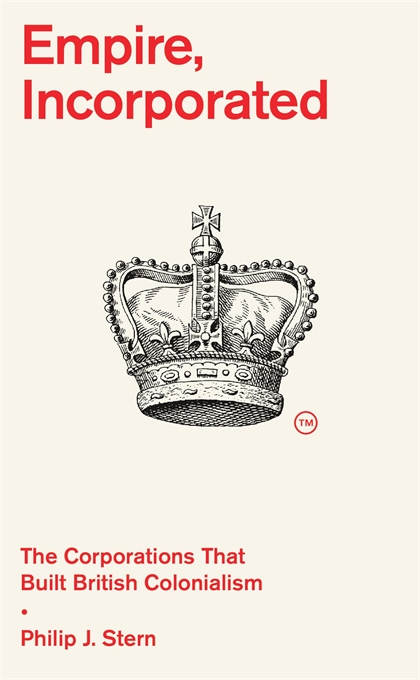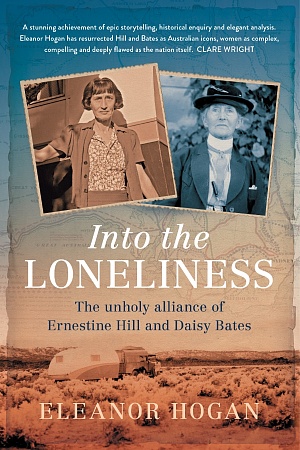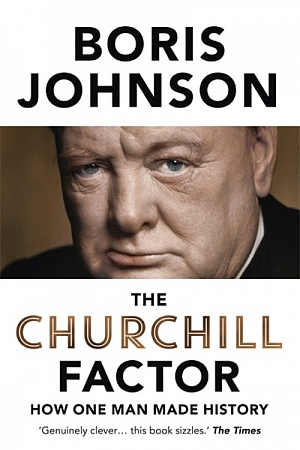Empire, Incorporated: The corporations that built British colonialism
Harvard University Press, US$39.95, 399 pp
The state as sleeping partner
A senior public servant writes that the history of corporations shows that there are ‘some things which a Government cannot do officially, and which are best accomplished when the people take the lead, while the State lends its support, remaining in the background until it is required to interfere’. This is ‘almost forgotten now in these days of international law, of diplomats, and of quick intelligence sent to headquarters by wire from the uttermost parts of the earth’.
These words may look as though they come from today’s newspaper headlines, as corporations explore space, launch satellites, and plan to mine the Moon and colonise Mars. In fact, they were written by a British Empire official in 1898 and quoted by Philip Stern in Empire, Incorporated: The corporations that built British colonialism. Taking the reader through six ‘ages’ (discovery, crisis, projects, revolutions, reform, and imperialism), Stern shows how ‘venture colonialism’ financed and shaped empires through the means of joint-stock corporations. Stern traces the evolution of joint-stock corporations over four centuries, beginning in 1566 with the Muscovy Company, the British firm founded to trade with Russia, and ending with the 1982 Falklands War, prior to which the Falkland Islands Company still controlled the major newspaper and television station, nearly half the land, and enterprises with interests in Antarctic exploration. Along the way, we encounter the distant pirates of Jamaica and the more familiar South Australian Company, with characters like Edward Gibbon Wakefield and George Fife Angas. Had Stern used data from the Legacies of British Slavery project at University College London, he would have added that Angas received compensation for the emancipation of 121 slaves in Honduras in 1835. He could, therefore, set up the Union Bank of Australia in 1836 and the South Australian Banking Company in 1840. He could buy 4,000 acres of fertile land on the Rhine and Gawler Rivers in the Barossa Range in 1840. Data from this project may result in more light being shone on the origins of key investors in Australia and across the British Empire.
Continue reading for only $10 per month. Subscribe and gain full access to Australian Book Review. Already a subscriber? Sign in. If you need assistance, feel free to contact us.












Comment (1)
Leave a comment
If you are an ABR subscriber, you will need to sign in to post a comment.
If you have forgotten your sign in details, or if you receive an error message when trying to submit your comment, please email your comment (and the name of the article to which it relates) to ABR Comments. We will review your comment and, subject to approval, we will post it under your name.
Please note that all comments must be approved by ABR and comply with our Terms & Conditions.